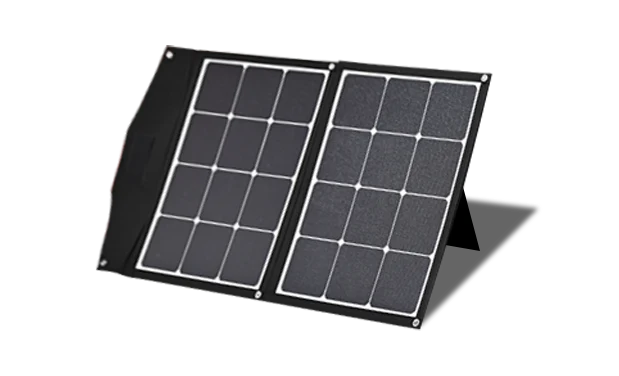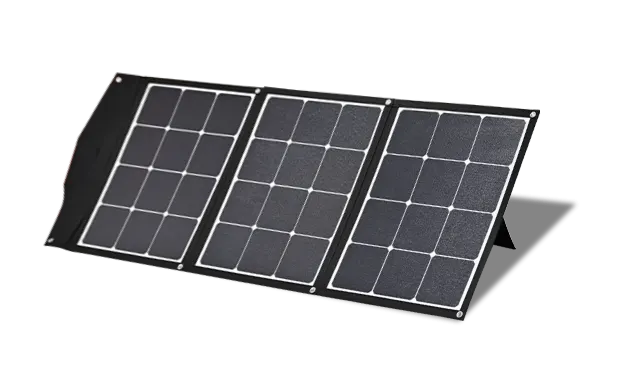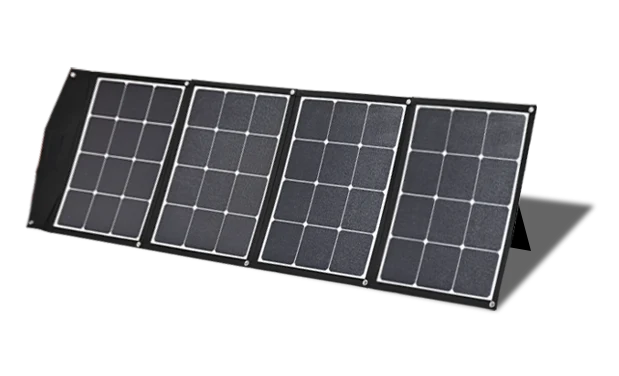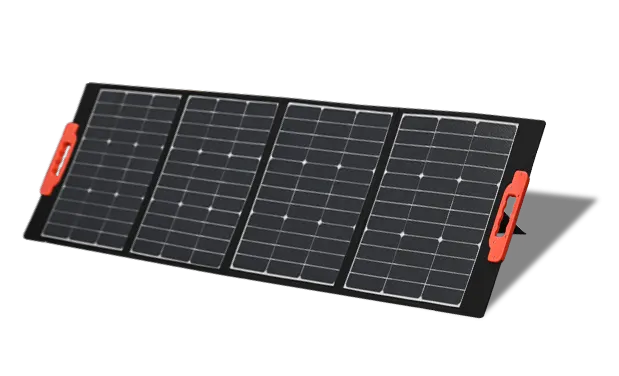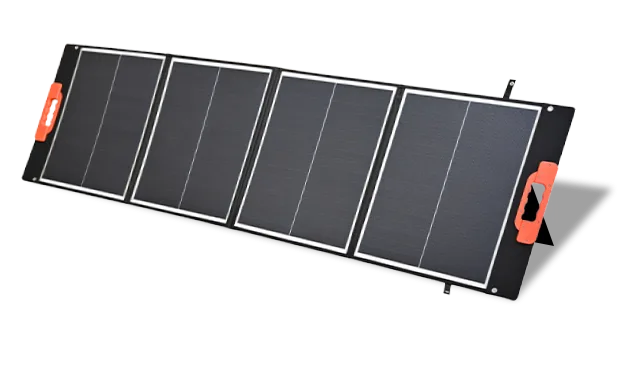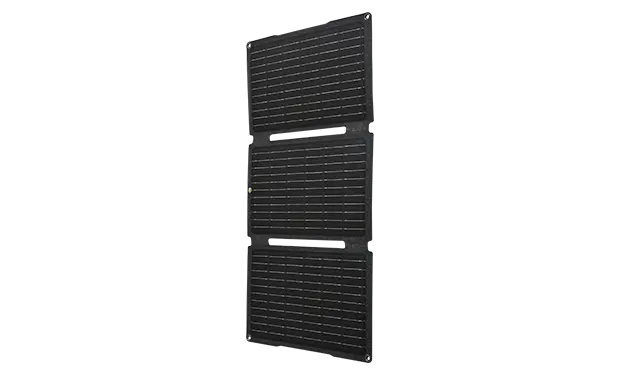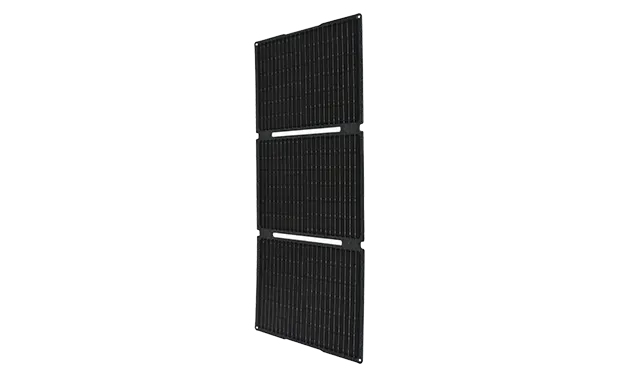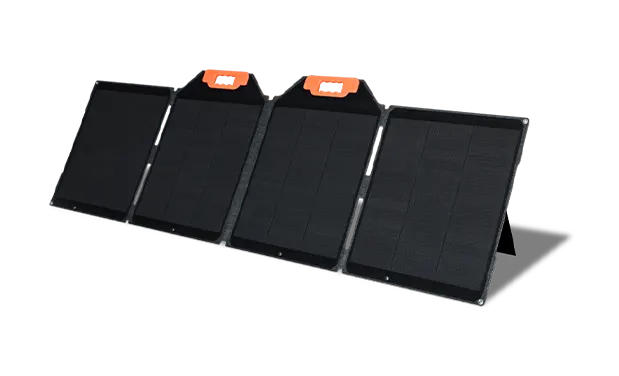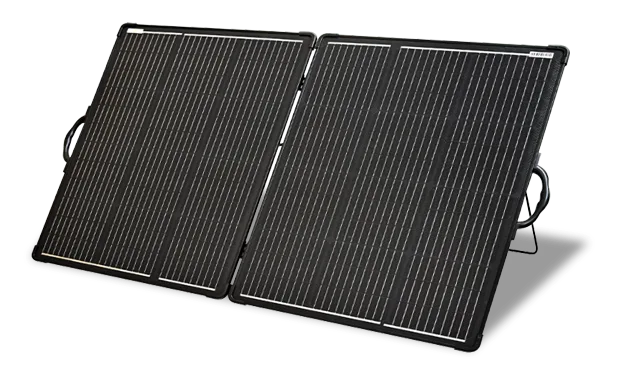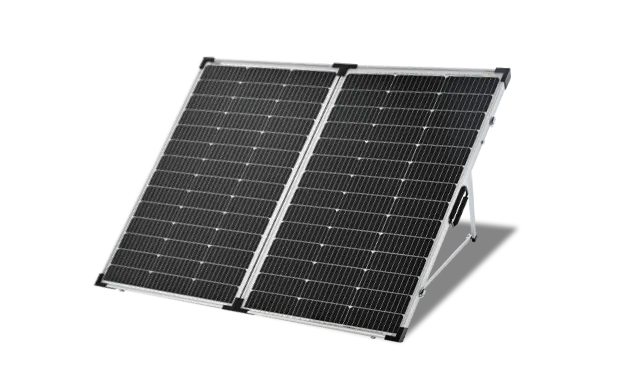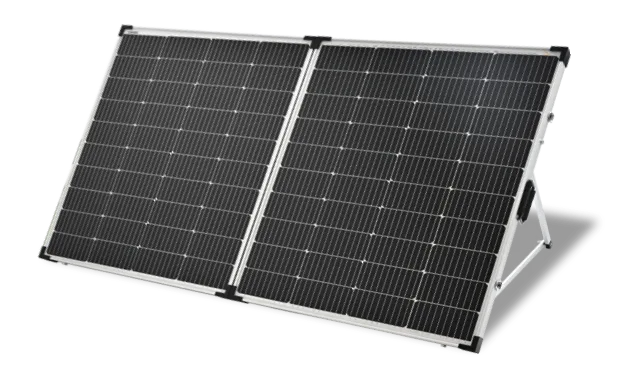But only a few states allow a lesser-known policy that is critical for the expansion of distributed renewables, particularly community-scale solar— that’s aggregate, virtual, or group net metering. And there are a lot of good reasons to want to see its expansion.
The basic premise is that the output of a renewable system can be shared among accounts. An extension of this policy is allowing multiple electric customers to share in a net metered system’s output. This is often referred to as “community net metering,” “aggregated net metering,” “virtual net metering,” or “group net metering.”
However, whatever you want to call the policy, looking at the small number of states that permit such net metering reveals a myriad of unnecessary exclusions and caveats which limit their effectiveness—and the amount of net metered solar.
Why is getting this policy right so important? The expansion of policies like group net metering help dissolve the traditional boundaries of distributed electric generation and are critical for facilitating the expansion of solar net metering.
Choosing the most productive sites: Group net metering allows installers, investors, and customers to choose the best possible site for a renewable energy system. Rather than being boxed in to a less-than-adequate roof or a geographic space too small or too shaded for the most cost-effective net metered projects, group net metering allows for ideal siting, making for a better investment with higher financial returns. Further, group net metering allows for greater flexibility when considering local planning, zoning, or historical requirements. Take for example two homeowners with inadequate roofs for solar.
Reduced default risk: For states that allow third party or Power Purchase Agreement (PPA) investors to offer group net metering, these policies reduce the risk to an investor because should a net metering customer suddenly not have an electric load (a school closes, for example) or not be able to pay (in the case of a bankruptcy), the PPA agreement could be fashioned so that the energy output from the project could simply be transferred to a new customer within the utility if allowed under group net metering law.

Value of Solar
The Value of Solar (VOS) rate (or Value of Solar tariff) is an alternative to net metering designed to capture the value solar installations provide to the electric system. Under existing VOS program designs, solar customers continue to purchase all of their electricity from the grid at the utility’s retail rate and receive credit for the solar electricity exported to the grid at the approved VOS rate.
In sum, aggregate, virtual, and group net metering polices allow for the expansion more efficient, economical projects to provide renewable energy to an increasingly diverse customer. It key, though, to get the policies right.
State policies and individual utilities should look hard at how to dissolve the traditional, unnecessary boundaries in the industry. Such a policy shift could quickly usher in a brighter distributed renewable energy future.





